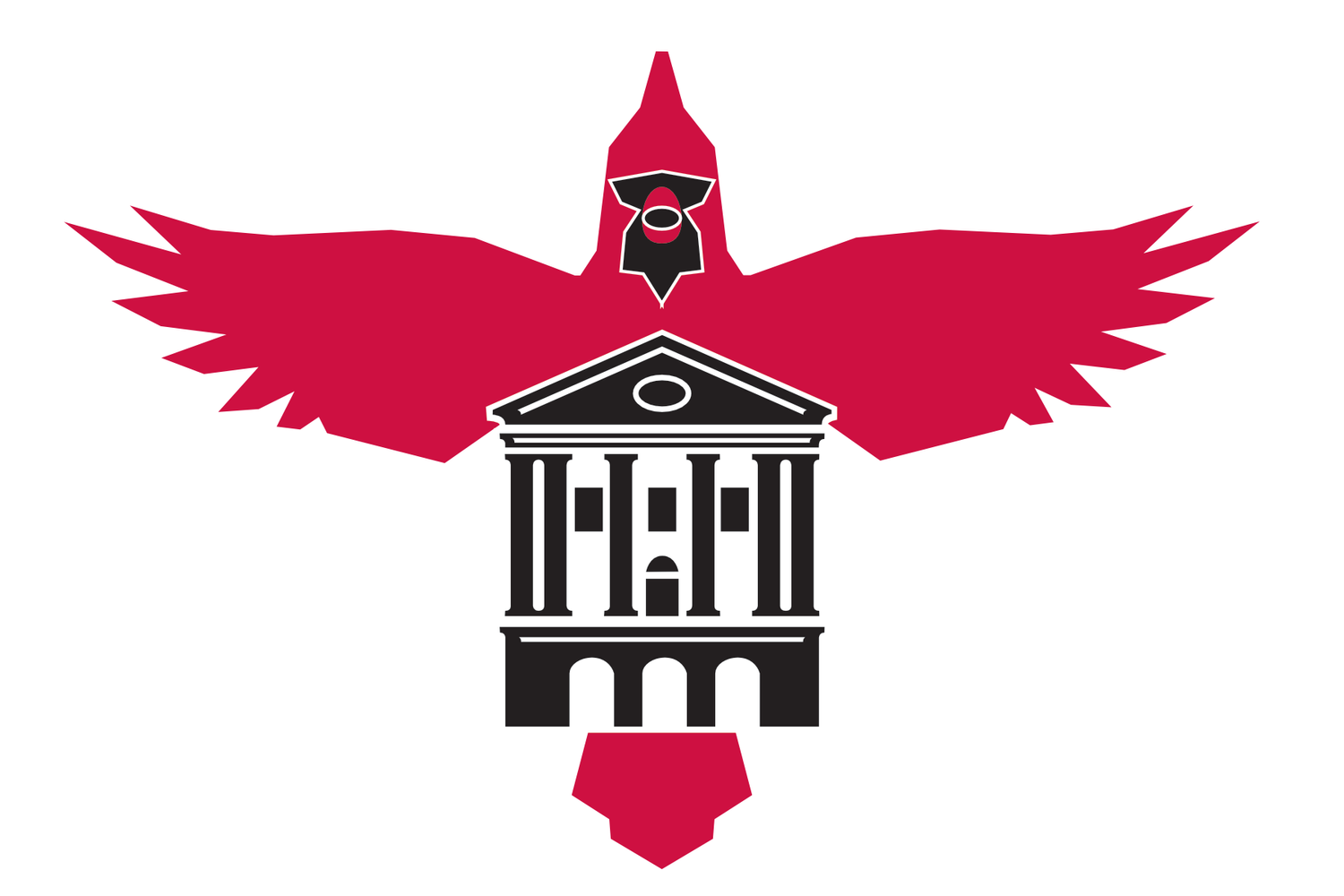5 Years Later: DCAA going strong, thanks to you
There's so much to celebrate at the end of these five years that I hardly know where to start.
The idea of a Daily Cardinal Alumni Association isn't a new one. People have tried for years to get an idea like this off the ground, most notably at the Cardinal's centennial when the Cardinal staff recognized the need for their alumni to stay in touch.
But the students have to focus, justly, on putting out the paper every day. If an alumni association was ever going to be successful, it would have to be because the alumni wanted it enough to keep it going.
You do, and you have.
The devotion Cardinalistas feel for their paper is remarkable; whenever I'm going on and on about the Cardinal to my co-workers, journalists themselves, they always say with surprise and not a little envy, "Gosh, you really loved your school paper."
I do. And so does Rusty Restuccia, a former Cardinal reporter whose brief service at the paper inspired him to donate more than $5,000 for our efforts thus far.
So does Jeff Greenfield, whose financial contributions paid for the Cardinal's new printer and design computer, among other things.
So does Marilyn Shuman, who on the spur of the moment and with little (actually, no) guidance from the DCAA headquarters that is my kitchen, formed the Winner's Circle Scholarship fund and raised all the money for it herself. More than $8,000, just by the strength of her love for the paper.
So does Adam Kolton, who got a fax from a friend and on the strength of that booked a plane ticket to Madison for our first gathering. I was terrified before that party, which turned the cold foyer of Grainger Hall into a raucous celebration. I was worried no one would come. I underestimated all of you. We had so many people at that first dinner that we ran out of chairs.
So does Jim Norton, who, unbeknownst even to us, paid the Daily Cardinal's entry fee into the prestigious Society of Professional Journalist Awards. The Cardinal, which won state and later national honors in that contest, couldn't afford to send its fine work to be judged among the best in the country. Jim, hearing about this, remedied the situation instantly.
Every time the Cardinal needed help, in the form of a phone call, a job contact, a pep talk, even a couch to sleep on, it was Cardinal alumni they turned to, and Cardinal alumni who responded.
This is what the Cardinal staff has dreamed of since I was a student nearly a decade ago, and probably of long before that.
It can be lonely in that office, as you all know. You have no full-time faculty advisor to catch your mistakes before you suffer the consequences. That independence has taught us well, but it can be frightening, too. There's nobody to back you up.
Well, there's somebody now, 1,200 somebodies, in the form of all of you.
In the form of Bill Kurtz, who calls me every spring asking when the next Cardinal alumni reunion will be. In the form of the late Robert Taylor, whose three decades on the Daily Cardinal board were marked with almost constant conflict; scarcely did a year go by, he said, when he wasn't being villified by one side or the other. But when he received his invitations to the parties, he didn't hestitate to come out and shake the hands of the students he once fought so hard: Cardinal blood is thicker than any water.
Everyone who's attended our reunions has with their applause rewarded those Cardinal alumni whose work, both at the Cardinal and subsequent to it, was extraordinary and in many cases overlooked. The reunions aren't just a chance to party (though Cardinalistas will take any chance to do that); they're a way to say thank you to people like Bill Swislow, whose passionate leadership during a 1976 staff strike inspired his fellow alumni to declare him, with none of the irony or cynicism common to journalists, their hero.
Most of all, you've used the DCAA for its most important purpose: to communicate. Not long after we all began this effort I received a letter from a Cardinal alumnus I'd given up hope of ever contacting: Richard F. Davis. Mr. Davis was editor in chief for one day in 1933. Fired for being Jewish, he led a strike himself that roiled the campus, then gracefully resigned when an all-student election went against him.
Mr. Davis and I corresponded for several months, and he told me he still -- still, after sixty years -- dreamed of the paper.
That's what you've done in the past five years. I cannot thank you enough.
